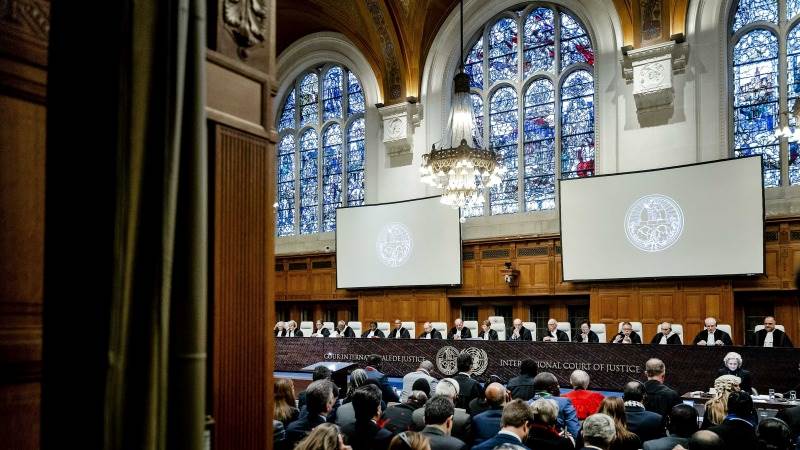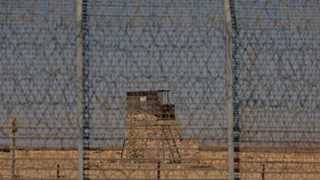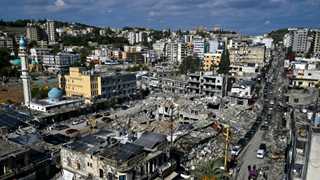South Africa officially instituted its proceedings against Israel on December 29, 2023, claiming the Israeli-Palestine conflict in the Gaza Strip violated the Convention on the Prevention and Punishment of the Crime of Genocide, asking the International Court of Justice (ICJ) to immediately order Israel to stop its military operations in, and against Gaza.
The convention, adopted by the United Nations General Assembly on December 9, 1948, to criminalize genocidal acts perpetrated during the Holocaust in Word War II, established the crime of genocide as “killings committed with intent to destroy, in whole or in part, a national, ethnical, racial or religious group.” Concern over plausible genocidal intent was first expressed due to the statements issued by Israeli officials shortly after the beginning of the conflict, with one example being Israel’s Minister of Defense Yoav Gallant exclaiming that Israel is fighting “human animals” and thus “acting accordingly.” South Africa called upon its obligation to prevent genocide as a signatory to the UN Genocide Convention, stating in its filing that Israel’s actions are “genocidal in nature because they are intended to bring about the destruction of a substantial part of the Palestinian national, racial and ethnical group.” Israel agreed to participate in the ICJ hearings, presenting its defense on January 12, 2024, during which Israeli representatives stated that the charges lack both “legal and factual basis.” Israel’s stance was based on the argument that if any genocidal acts were committed during the conflict, it would be those conducted by Hamas on October 7, further backing this claim by remarking upon Hamas’s abduction of hostages and usage of civilian infrastructure for military purposes. Israeli representatives also claimed that South Africa failed to prove intent, which constitutes the criminal act of genocide. The representatives then insisted that any actions undertaken in compliance with South Africa’s request would hinder Israel’s right to defend itself.
Israel’s lawyers also defended the country’s actions in the conflict by claiming that the Israel Defense Forces (IDF) did all they could to minimize civilian casualties. A major threat to the case looms based on the fact that Pretoria had failed to communicate with Tel Aviv before filing its charges, a technicality that might bring the case to a swift end. According to the court’s own rules, a previous “dispute” between the countries must have existed for the case to be brought forward to the ICJ.




